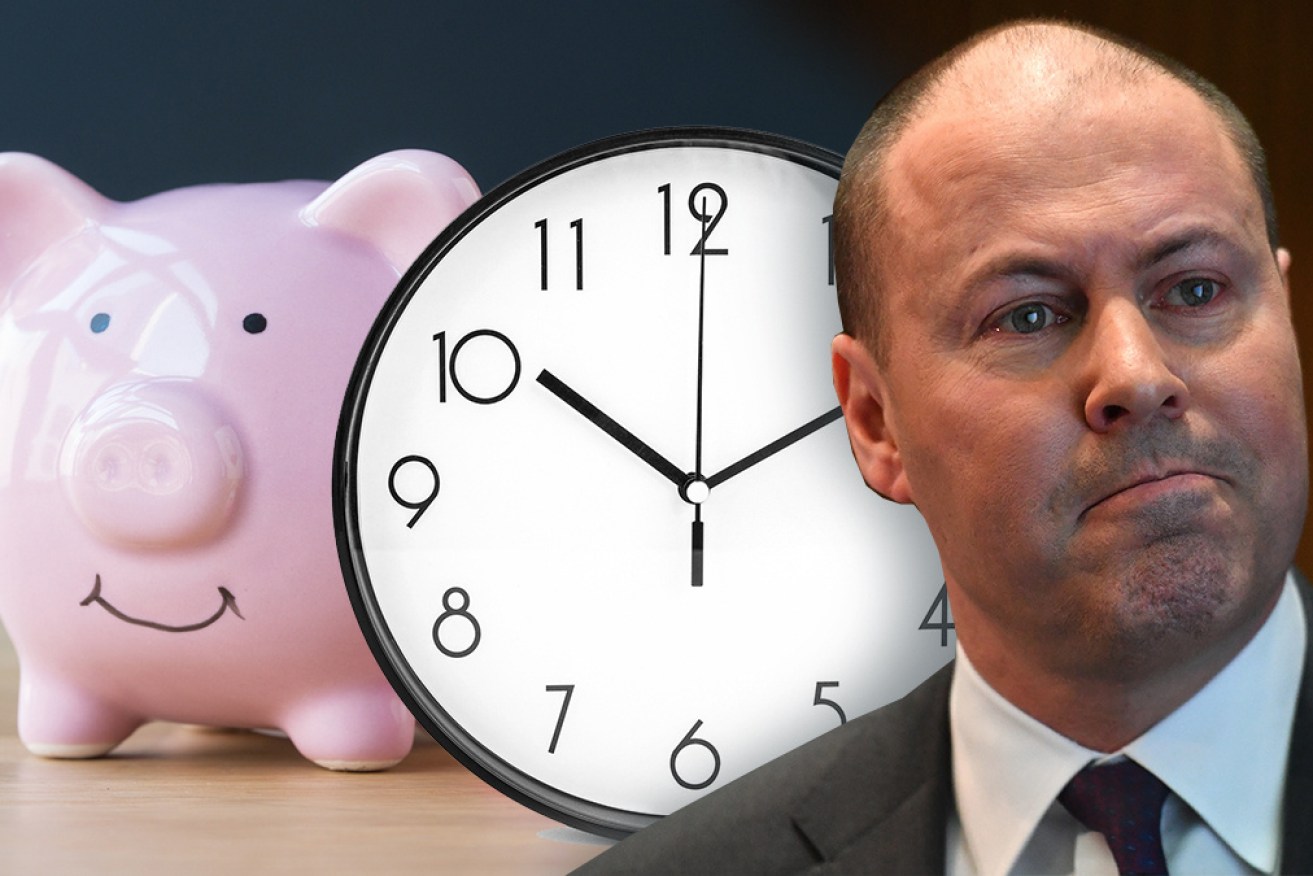Labor calls on government to release Retirement Incomes Review


The wait is on for Treasurer Josh Frydenberg to release the Retirement Incomes Review. Photo: TND
The massive 600-page report on the independent Retirement Incomes Review has been sitting on Treasurer Josh Frydenberg’s desk since Friday, but no one outside the government knows when it will be released to the public.
Labor’s shadow assistant treasurer Stephen Jones said that’s not good enough.
“We call on the government to release the report now,” Mr Jones said.
“It is in the public interest that this be released to settle the uncertainty over the future of superannuation.
“We want to see a firm commitment to increasing the superannuation guarantee to 12 per cent according to the schedule already agreed on.”
The review was called by the government after the May 2019 election, and its report will present a number of scenarios for reform rather than make recommendations itself.

Top income-earners receive the most concessions.
Although Labor will wait to see the report until calling for specific policy initiatives, Mr Jones said “we would make some observations on equity in superannuation”.
“As much as 80 per cent of super tax concessions go to the top wealth holders in the community and that needs to be addressed,” Mr Jones said.
Ian Yates, CEO of the Council on The Ageing (COTA), agreed that equity was an important issue that needed addressing.
“We hope it will give the government a range of scenarios to make superannuation more equitable even without costing the government more,” he said.
As the graphic above shows, the retirement system in its current form delivers 50 to 60 per cent of super tax concessions to the top 20 per cent of income earners, and only 11 to 21 per cent of concessions to the bottom 50 per cent.
What the review examined
The review looked into the three pillars of the retirement income system – the age pension, compulsory savings through the superannuation guarantee, and voluntary savings including home ownership.
Mr Yates said consideration needed to be given to “people who are fully dependent on the age pension without other income sources”.
“That would include pensioners who rent in the private market and perhaps pensioners living in remote locations who face difficulties because of the high cost of household goods,” Mr Yates said.
Solutions to the problems faced by those people could come through raising pension allowances, he said.
Tackling equity in the system through adjustments to superannuation concessions would be highly political and potentially put the Coalition government in conflict with its well-heeled electoral base.
This is what happened in 2016-17 when the government introduced a balance cap of $1.6 million on tax-free super concessions.
“But remember, the Treasurer who took that on is now the Prime Minister. And he took on some of his own backbench to get that through,” Mr Yates said.
Meanwhile, National Seniors Australia chief advocate Ian Henschke said the age pension system is in need of a major makeover.
We need to have a universal age pension introduced in some form,” he said.
“That would give security to retired people, and it would have meant that many people who have sold down assets in the current environment wouldn’t have had to.”
Pension for all
National Seniors envisages a scheme whereby every retiree is paid a taxable government pension.
That way, those with significant incomes from superannuation or other assets would give it back in income tax.
“A universal pension would also mean that people wouldn’t have to hold onto homes that are bigger than they need for fear they would lose pension entitlements if they sell,” Mr Henschke said.
To deal with housing-driven poverty, Mr Henschke said the pension rent allowance could be increased and “some sort of geographic measure introduced to allow for the fact that people in cities pay much higher rents than in regional areas”.
Made with Visme Infographic Maker
Another area needing to be addressed as a result of the review is gender equity.
As the above chart demonstrates, women’s super balances are on average 28 per cent below those of men and the division begins from age 25.
At its peak, the gap is between 38.7 per cent and 40.4 per cent for people in their 50s, which means women are retiring with significantly lower balances than men.
“One-third of women are currently retiring with no superannuation and women over 55 are the fastest-growing cohort of homeless people in Australia. We urgently need the government to address this situation,” said Sandra Buckley, CEO of Women in Super.
“Given the current issues surrounding COVID-19 and the early release of super measures, and the impact this has had on superannuation savings, we would like to see a targeted policy measure aimed at improving the retirement outcomes for low-income earners.”
Chant West research chief Ian Fryer said the review needed to spark discussion about the range of retirement products available and whether super accounts should be family based.
Treasurer Josh Frydenberg’s office did not respond to queries about when the review would be released.
The New Daily is owned by Industry Super Holdings








